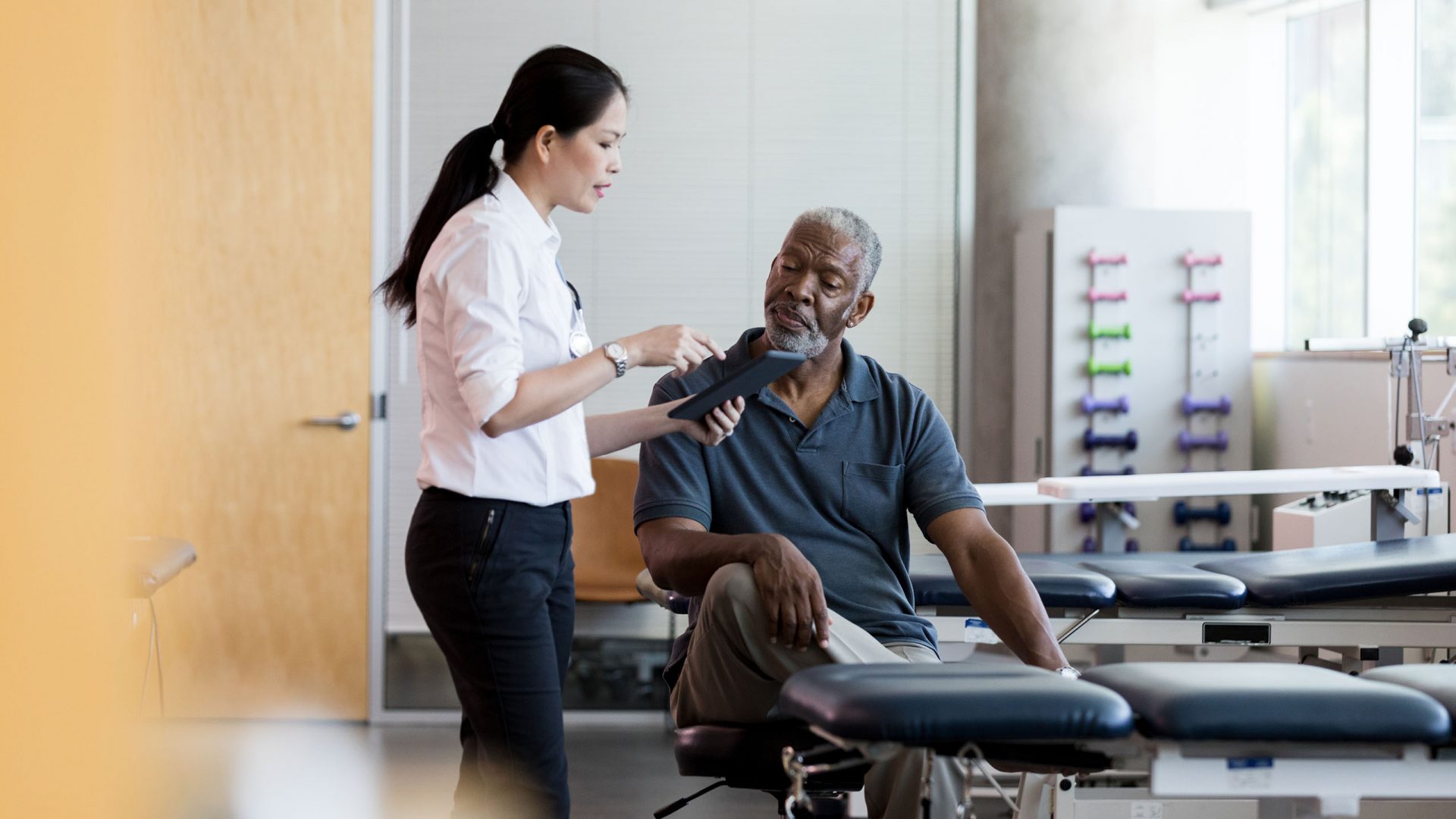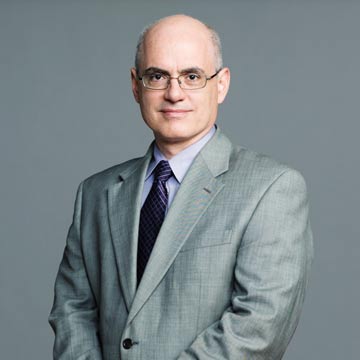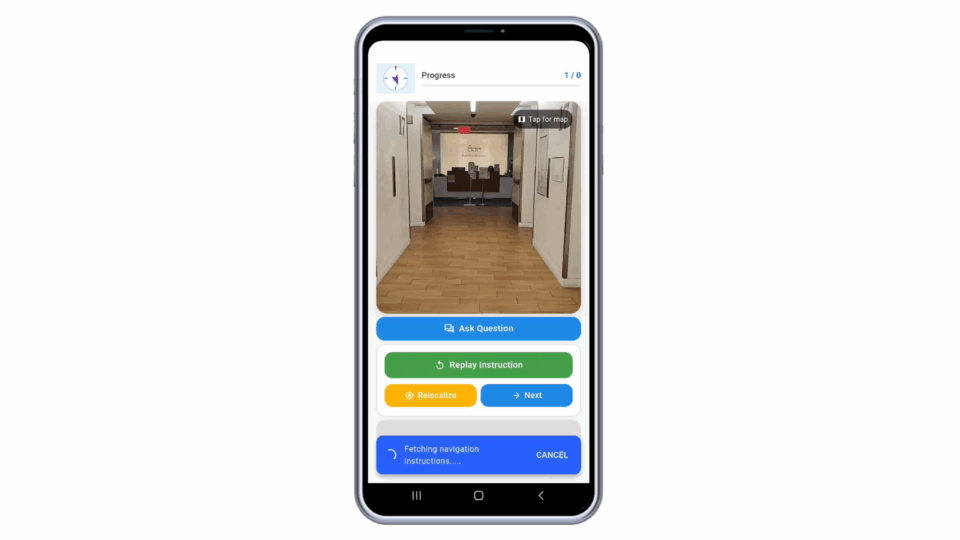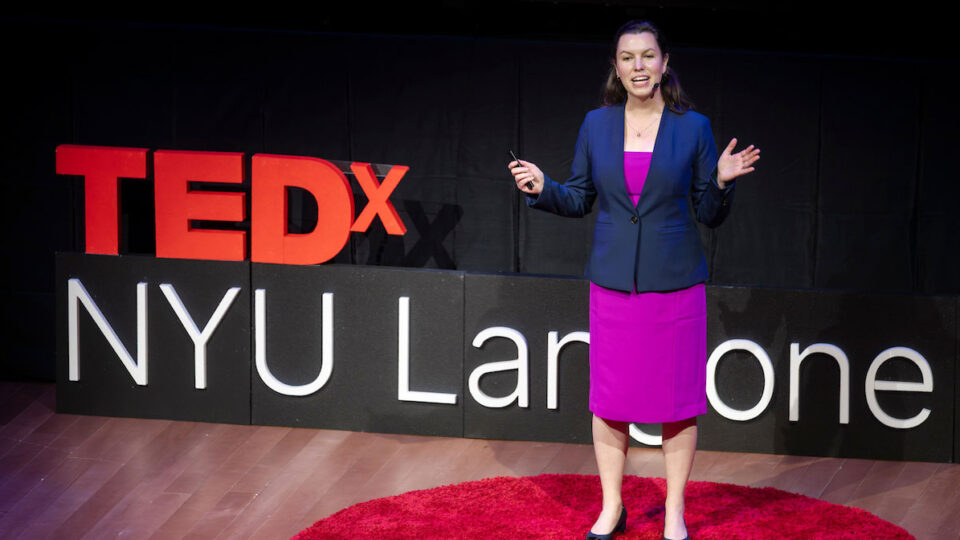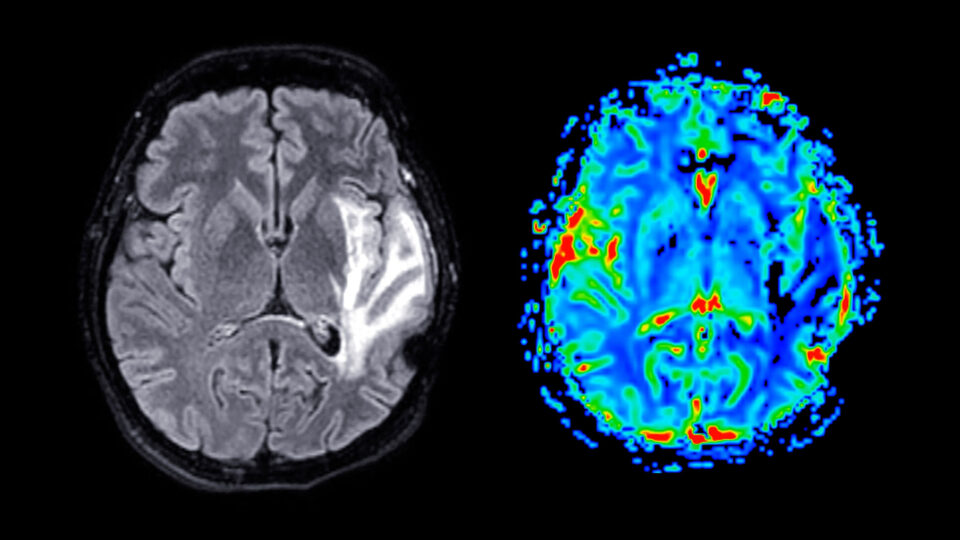In June 2021, a multi-institutional team led by Jonathan H. Whiteson, MD, an associate professor of rehabilitation medicine, published a white paper on the role of physiatry in COVID-19 inpatient rehabilitation in the journal PM&R.
Commissioned by the American Academy of Physical Medicine and Rehabilitation, the paper advised on topics including pandemic-related changes in care delivery; health and safety of providers and patients; training requirements for physiatrists redeployed to COVID-19 units; and workarounds for inpatient rehabilitation facilities. A section on lessons for the future stressed countering burnout, early engagement of physiatrists, mastering the continuum of care, and fostering resiliency.
“We’ve opened a window for dialogue that could enhance strategic planning throughout the healthcare system.”
Jonathan H. Whiteson, MD
“The pandemic, for all its horrors, has created opportunities for improving care,” Dr. Whiteson says. “As physiatrists show their value in managing COVID patients and building collaborative processes with other specialties, we’ve opened a window for dialogue that could enhance strategic planning throughout the healthcare system.”
Providing Guidance for Treating PASC
Dr. Whiteson is also a leader of AAPM&R’s Multidisciplinary Post-Acute Sequelae of SARS-CoV-2 Infection (PASC) Collaborative, which brings together physiatrists with clinicians from other specialties—such as pulmonology, cardiology, and neurology—to develop guidance on best practices in rehabilitation for “long COVID” patients.
The collaborative is publishing a series of guidance statements in PM&R. The first statement, on the assessment and treatment of fatigue in PASC, was released in August 2021. Its recommendations included strategies for phased return to activity, energy conservation, therapeutic diet, and pharmacologic therapy.
“A key approach in all these areas is to encourage patients to follow the strategies independently,” Dr. Whiteson explains. “To optimize energy conservation, for example, patients should be educated in the ‘Four P’s’—Pacing, Prioritizing, Positioning, and Planning.”
Patients should also be advised on ways to resume work, the authors suggest, as long as it does not worsen symptoms or lead to significant post-exertional malaise. Possible accommodations include limiting hours, working from home, adjusting physical aspects of work activities, using mobility aids as necessary, and taking more breaks.
A second guidance statement, on the management of cognitive impairments in PASC patients, was published in December 2021 with Rusk Rehabilitation associate professor Jeffrey S. Fine, MD, as its lead author. This paper offered recommendations for assessing and treating cognitive and neurologic symptoms, such as headache, brain fog, memory problems, executive function deficits, and visuospatial difficulties.
In January 2022, Dr. Whiteson and the collaborative published a third guidance statement, on the assessment and treatment of breathing discomfort and respiratory sequelae.
Drawing Lessons from the Front Lines
Future guidelines will cover other manifestations of PASC, including its impact on cardiovascular and autonomic, behavioral and mental, and pediatric health. Each guidance statement will include a section on healthcare equity and incorporate input from patient advocacy groups.
“We experience this syndrome one way as physicians, but patients experience it another way. It’s crucial to understand that,” notes Dr. Whiteson.
Rusk Rehabiliation has long been on the front lines of treating both acute COVID-19 and its long-term health impacts. As the first wave of the pandemic impacted New York, Rusk experts shared their insights through a series of webinars, as well as the weekly Rusk Insights on Rehabilitation Medicine podcast and NYU Langone Health’s SiriusXM channel, Doctor Radio.
“We were among the first centers to implement prone positioning and other rehabilitation procedures for patients hospitalized with COVID, and among the first to launch a clinic for patients with PASC.”
Steven R. Flanagan, MD
“Our experience in this area gives us a great deal to offer,” says Steven R. Flanagan, MD, Howard A. Rusk Professor of Rehabilitation Medicine. “We were among the first centers to implement prone positioning and other rehabilitation procedures for patients hospitalized with COVID, and among the first to launch a clinic for patients with PASC.”


